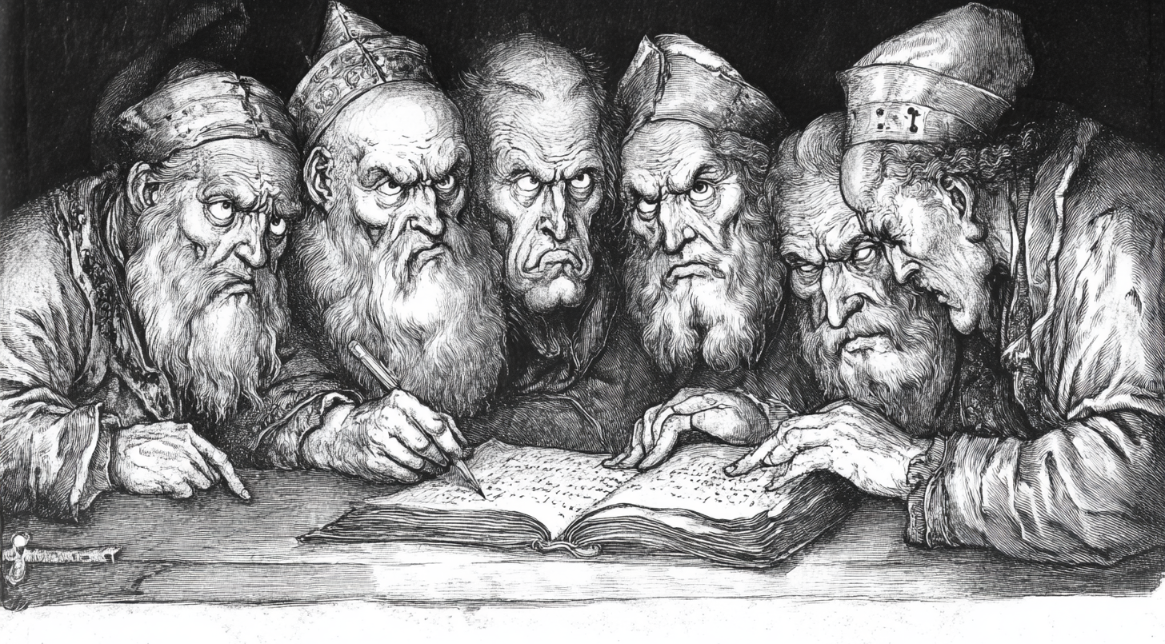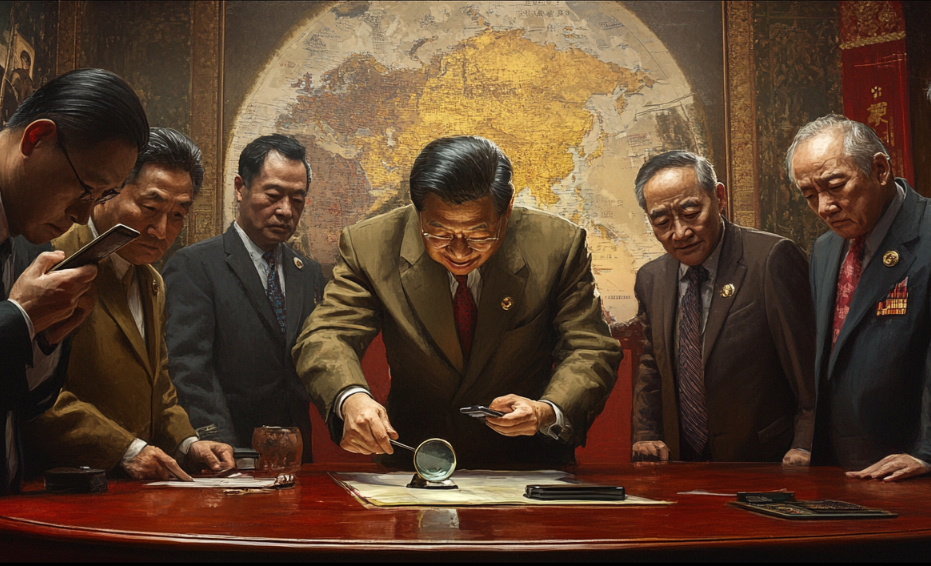Mark Zuckerberg has been taking heat for his recent decision to back away from the censorship of online content. Some critics are particularly upset about reducing the number of so-called fact checkers.
A few things to note.
- So-called fact checkers don’t do most of the censorship. That would be impossible. Most of it is done through algorithms, which are often wrong. As Zuckerberg says, “there are too many mistakes, and too much censorship.” Some estimates say that as much as 20% of the content removed by these algorithms was done by mistake. The algorithms were too sensitive.
- The so-called fact checkers themselves — and the algorithmic versions — have betrayed a clear ideological bias. As Zuckerberg says, they have “destroyed more trust than they have created.”
- There’s a big difference between censoring content about illegal activity and censoring political opinion. Why in the world should Facebook — or anybody else — get to decide what opinions are allowed to be spoken? Zuckerberg specifically mentioned removing restrictions on topics like immigration and gender.
“What started as a movement to be more inclusive,” he said, “has increasingly been used to shut down opinions and shut out people with different ideas. And it’s gone too far.”
The ugliest part of this story is that Facebook and other platforms allowed themselves to become tools of the government to control speech they didn’t like. That is antithetical to the purpose of the First Amendment. Media should be questioning government, not parroting its propaganda, or suppressing dissent on their behalf.
As a general principle, you never want to give the government a power that you would not want your ideological opponents to possess. People who advocate censorship need to remember that. The tables turn, and the power you cheered when your guy was in office could later be used against you.
Meta will replace fact checkers with community notes, which allows the reader to see that the content is controversial, or potentially erroneous, and allows the reader to look into it for himself. As if we’re adults. The fact-checking regime is, by contrast, extremely paternal. “We’ll decide what you children get to read.”
Meta will also move their content moderation teams out of deep-blue California, which should help moderate the political bias of that function.
The United States doesn’t only have a First Amendment to protect free speech, it also has a free speech culture. People should be able to say what they want. We’re in danger of losing that.
Justice Bradeis said this: “If there be time to expose through discussion the falsehood and fallacies, to avert the evil by the processes of education, the remedy to be applied is more speech, not enforced silence. Only an emergency can justify repression.” (Whitney vs. California)
The shorter version is more popular: “The remedy for bad speech is more speech, not enforced silence.”
The advocates of censorship believe that people are stupid, easily misled, and lack critical thinking skills. While that might be true in many cases, it’s less of a problem than allowing some ideologically driven council of experts to decide what can and can’t be said.
I don’t trust Zuckerberg, Meta, the people who write the algorithms, the “fact checkers,” or anybody else to do the right thing or to be fair. Zuckerberg is probably just reacting to the changing mood of the country and adjusting accordingly.
I don’t care about his motivations. What I care about is preserving free speech, and these changes are a move in the right direction.




